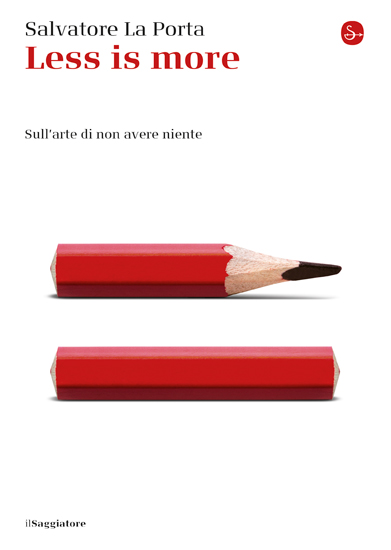Open your wallet. What do you see? Receipts, gym membership cards, discount store membership cards, your son’s, the woman or man you are in love with, your driving licence, your ID, your credit card, your business cards. All objects that perfectly describe who you are, what you do, what kind of person you aspire to be. Even your home, if you think about it, says a lot about you: you have a new TV, paintings by an artist you think represents you, on your balcony you have built a small vertical vegetable garden – it’s fashionable, and it’s a great strategy to save a few euros on groceries.
For years you have wanted to venture to some exotic and dangerously remote location: you have already recharged your prepaid, chosen the cheapest flight, confirmed a room in a two-star hotel, but with a pool. You remember to ask for a holiday, but first you have to pay the bills, the mortgage, the insurance, the petrol. When you leave, don’t forget to write to Mum and Dad: don’t let them worry. The swimming course starts next month: have you registered? Have you booked your doctor’s appointment? The paycheck has started its inexorable countdown: the cinema, the all-you-can-eat sushi, the children’s games, the cream for smooth skin, the soap for oily skin. Indispensable possessions that say it all about you.
Or not? Perhaps you are trapped by the things you want, reader, and unfortunately I have no tricks to show you. I won’t teach you how to live on a few euros a day, and it wouldn’t be enough for you anyway. But I can do much more for you: introduce you to the art of having nothing. It is an ancient practice professed by Eastern philosophers and mystics, pilgrims and singers. And it is the only path that can lead you to rediscover life in its essence, beneath the veil of illusions, nostalgia, masks, remorse and induced needs.
Only then can you regain your freedom, live without regrets and answer the oldest and most impossible of questions: Who are you?
